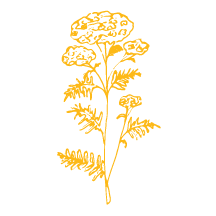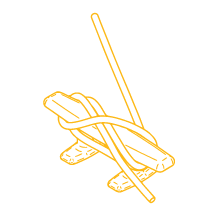
so much depends
upon
a red wheel
barrow
glazed with rain
water
beside the white
chickens
—William Carlos Williams
Williams first published his one-sentence poem in 1923. Eight lines. Sixteen words. Such simplicity.
A moment stuck in time.
*****
An invitation forwarded from the Faith Action Network to join in recognizing June 1 as the National Day of Mourning and Lament (more than 100,000 dead from COVID-19). Ginger, who like me lost a child to addiction, dead this week (a motorcycle accident). Streets aboil, social media alive, decrying all the injustice (George Floyd, Minnesota on fire). Paul home from the hospital at last (thank goodness). Millions Relying on Pandemic Aid Can See Its End, and They’re Scared (reads the headline).
Moments stuck in time (so much).
*****
From When People Say “We Have Made It Through Worse” by Clint Smith:
All I hear is the wind slapping against the gravestones
of those who did not make it, those who did not
survive to see the confetti fall from the sky, those who
did not live to watch the parade roll down the street.
The dirge unfolds in staccato words, aching for solace. In emails and texts, we chant our lament—ennui and death. Laced in longing, us wanting only redemption, ventilators on, we sing our tune.
We sing so much.
*****
A spring COVID day—a zeitgeist moment:
Three teetering atop ladders, wind-slapped.
Inward as dancers oblivious to the choreography of the whole, teetering atop wind-slapped ladders, men toil. Wrists flicking—hands dipping—they lay paint on, drips pirouetting in balletic white descent like angels falling.
Clouds pass. The Boothbay Town Building stands newly bright as fresh-cut marble.
*****
Some days I feel I don’t know what to say or do when out there all over, the world has gone amok; when 100,000 and more are dead and dying; when millions are scared—I know not what to do in the face of so much.
I don’t know what to do from this peninsula, where I am as likely to come across a red wheelbarrow (glazed with rainwater, beside the white chickens) as I am three men atop ladders in distanced unison slapping paint on clapboard.
(No city siren cacophony here; no 7 p.m. pot-clanging.)
*****
“He had been a fisherman, caught porgies off Gloucester. He used to tell me how he had to work in the cold in freezing weather, standing ankle-deep in cracked ice packing down the fish. He said he didn’t feel cold. He never felt cold in his life until just recently. I liked that man, and his son Milton almost as much. In his back yard I saw the red wheelbarrow surrounded by the white chickens. I suppose my affection for the old man somehow got into the writing.”
So wrote William Carlos Williams of his neighbor Marshall, the inspiration for his poem.
Simple, and so much.
Fellowship, warmed by taciturn kindness. Basic tool and toil. Attending with all modesty to what needs tending. Red wheelbarrows and white chickens. Rural rhythm. Wind-slapped ladders. Affection, plain-spoken.
In times as we are, the world aflame, we depend upon such moments—on our humanity unadorned; on our ballads of it.
So much.
Peter Bruun is an artist and writer who moved from Baltimore to live year-round in the Boothbay Region in summer 2019.




